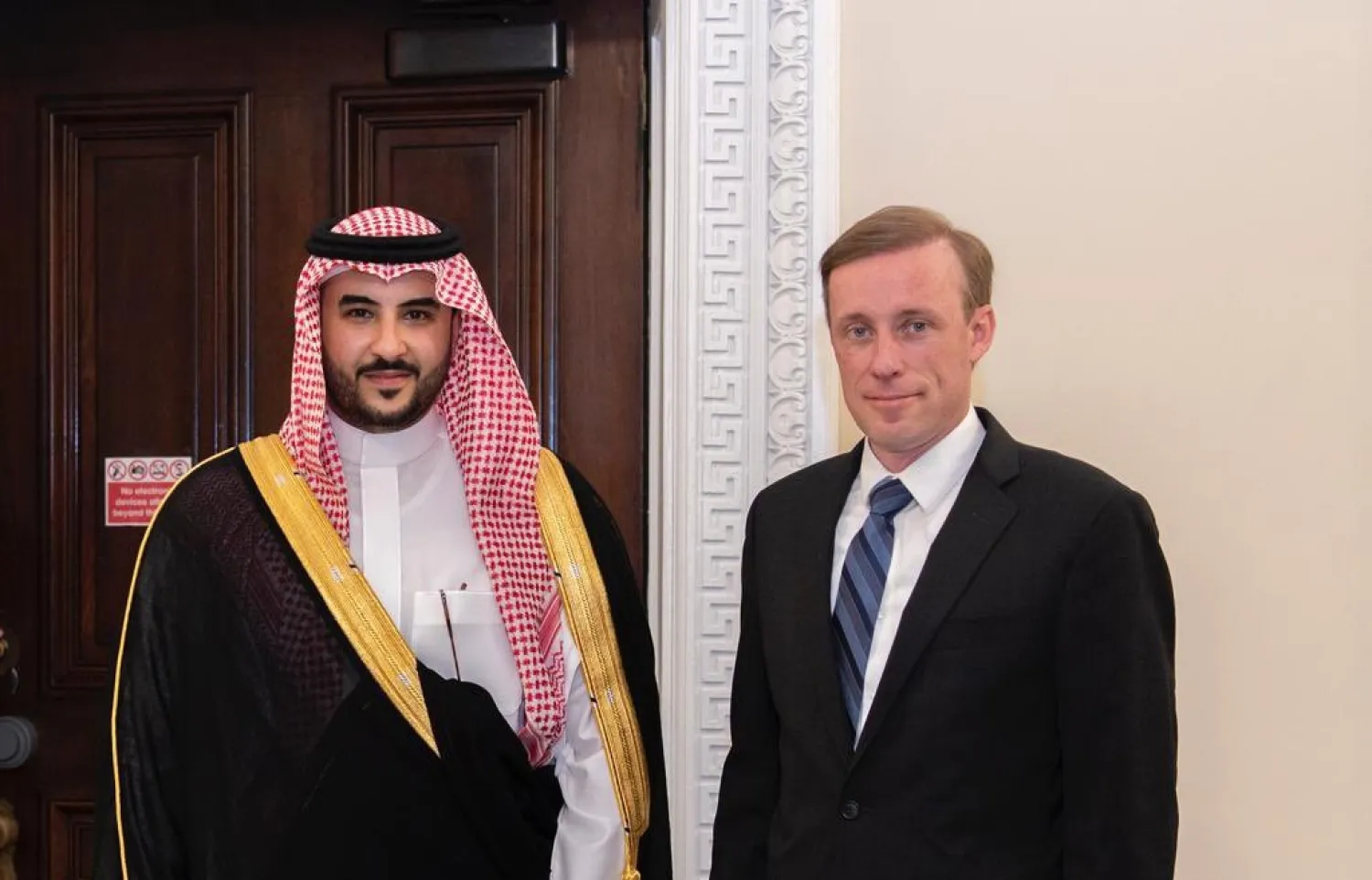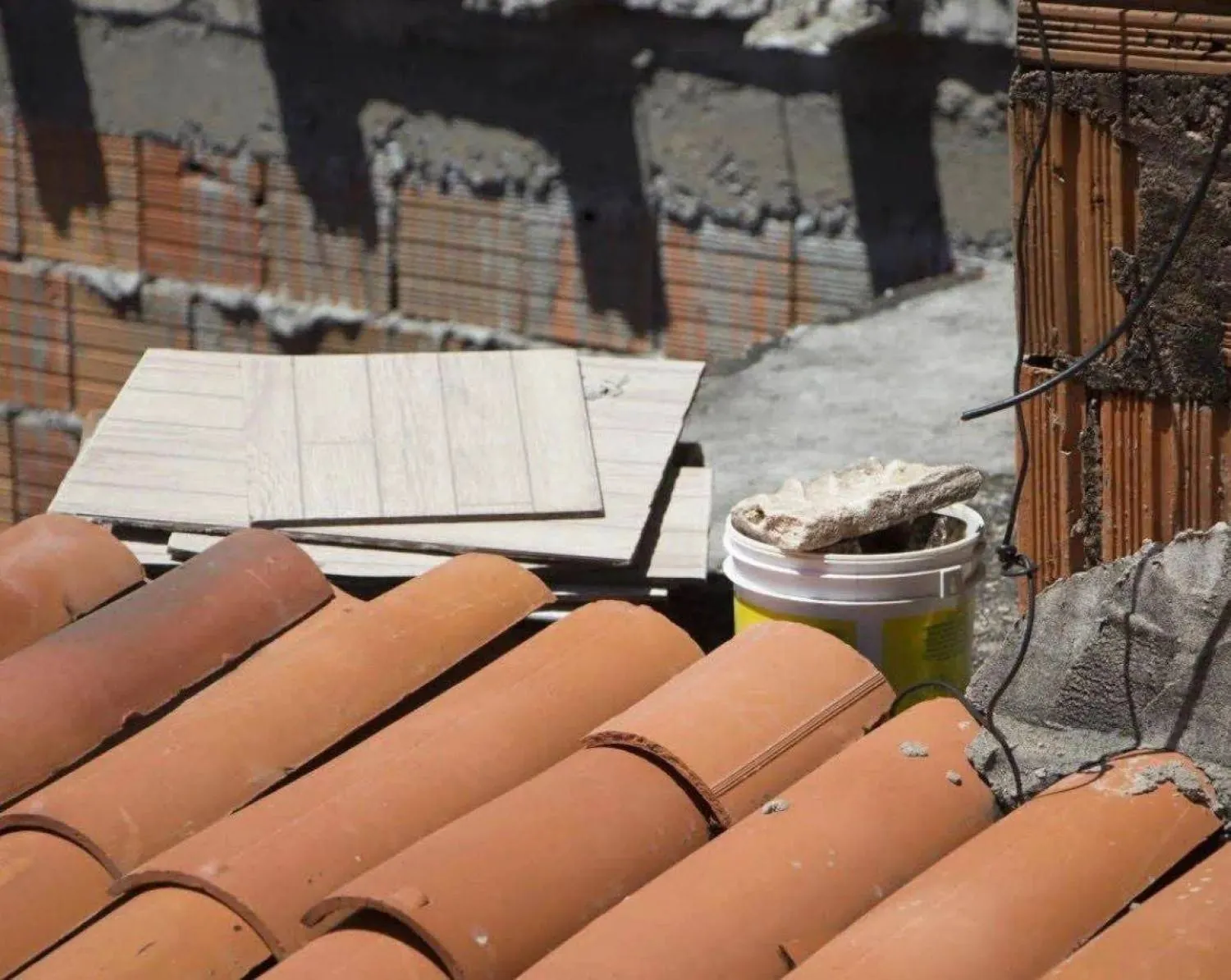The US State Department stressed the importance of Saudi Arabia’s role in resolving regional crises, saying it is among the most important actors in bolstering regional security and stability.
It noted cooperation between Riyadh and Washington in resolving problems in the Horn of Africa, the war in Yemen and helping the Lebanese people.
It also underscored support to Riyadh in defending itself and reaching a ceasefire in Yemen.
The statement was released after Saudi Deputy Defense Minister Prince Khalid bin Salman held talks with US Secretary of State Antony Blinken and other senior Department officials in Washington on Wednesday.
State Department officials reiterated support to Saudi Arabia in defending itself against cross-border attacks.
These statements were stressed by the senior officials, including Defense Secretary Lloyd Austin, who met Prince Khalid on Tuesday.
Prince Khalid was on a visit to the US that included meetings with National Security Advisor Jake Sullivan at the White House.
In a series of tweets, Prince Khalid said: “We discussed the longstanding and historic partnership between our two countries, our military and defense cooperation, and our mutual efforts to preserve regional stability.”
In a statement, State Department spokesman Ned Price said Prince Khalid discussed with Under Secretary of State for Political Affairs Victoria Nuland and Counselor of the US Department of State Derek Chollet efforts to achieve a comprehensive ceasefire in Yemen and transition to a political process.
They also underscored the need for economic reform and humanitarian relief to the Lebanese people, among other bilateral issues.
CNN reported that the American administration accorded Prince Khalid with the “red carpet treatment”, paving the way for “warm” relations between the two sides and consolidating Saudi-American discussions, whose significance were highlighted by the royal’s visit to Washington.
“As the administration struggles on a number of fronts -- with a likely resurgence of Taliban violence in Afghanistan, the ongoing war in Yemen, faltering Iran talks and gas prices at seven-year highs as Americans hit the road to celebrate summer and post-quarantine freedom -- Saudi Arabia's role in all these areas becomes too important to ignore,” said CNN.
Price said Prince Khalid held a series of meetings with special envoy for the Horn of Africa, Ambassador Feltman and Special Envoy for Yemen Tim Lenderking.
“In terms of the former, Feltman and Prince Khalid discussed the situation in Ethiopia, in areas where the United States and Saudi Arabia could potentially cooperate to address the crisis and to mitigate instability in the broader region. They also agreed to continue a dialogue on mechanisms to promote peace, security and prosperity in the Red Sea,” added Price.
On Yemen, spokesman said Prince Khalid and Lenderking discussed steps “to mitigate the ongoing humanitarian crisis in Yemen and steps necessary to end the conflict there, including steps that would ease restrictions at Hodeidah port and Sanaa Airport. Lenderking stressed the need for continued Saudi engagement on Yemen, allowing space for nationwide comprehensive ceasefire followed by a transition to a Yemeni political process that would lead to a permanent solution to this conflict.”
“Lenderking recognized Saudi Arabia for its efforts to improve implementation of the Riyadh Agreement, and he agreed that both the Republic of Yemen Government and the Southern Transition Council must continue to negotiate so that the Yemeni Government can return to Aden to provide the essential services the Yemeni people need and deserve.”
On Lebanon, Price spoke of efforts led by Saudi Arabia and in partnership with the US and France to help the Lebanese people.
French Ambassador Anne Grillo to Beirut and US Ambassador to Beirut Dorothy Shea “conducted important trilateral consultations with Saudi Arabia to discuss the situation in Lebanon and ways in which together we can support the Lebanese people and, very importantly, help to stabilize the Lebanese economy that has placed such a tremendous burden on the Lebanese people,” he added.









